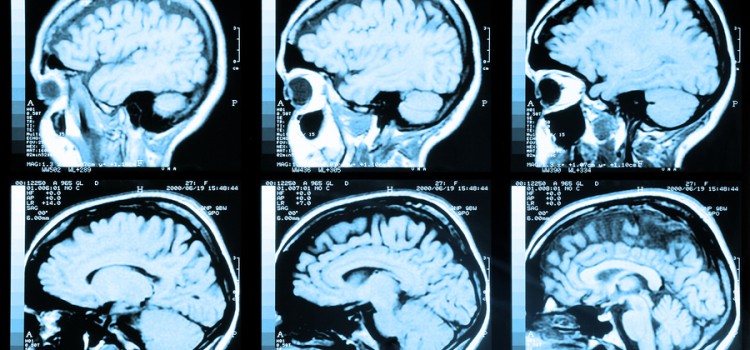Month: March 2016
What is a post-traumatic headache? Post-traumatic headache[1] (PTH) is defined by the International Headache Society as a headache developing within seven days of the injury or after regaining consciousness. A headache is the most common symptom following TBI. Studies to date have documented that anywhere from 30-90% of individuals who sustain a TBI develop post-traumatic headache. Interestingly, several researchers have…
The National Institute of Neurological Disorders [1] and Stroke (NINDS) describes Traumatic brain injury (TBI) as a form of acquired brain injury that occurs when a sudden trauma causes damage to the brain. TBI can result when the head suddenly and violently hits an object, or when an object pierces the skull and enters brain tissue. Symptoms of a TBI can be…
The Brain Injury Association[1] of America provides, that brain injury is unpredictable in its consequences as it affects who we are, the way we think, act, and feel. It can change everything about us in a matter of seconds. The most important things to remember: A person with a brain injury is a person first. No two brain injuries are…
Research estimates that 80-85 percent of an individual’s perception, learning, cognition, and activities are mediated through vision. It can be challenging, therefore, for anyone suffering from vision issues[1] after a brain injury. Common Forms of Tampa Bay Vision Problems After TBI In general, 20-40 percent of people with traumatic brain injury (TBI) experience related vision disorders[2]. Some vision-related issues can…
The term “mild brain injury” can be misleading. The term “mild” is used in reference to the severity of the initial physical trauma that caused the injury. It does not indicate the severity of the consequences of the injury. The Centers for Disease Control [1], as part of its Report to Congress on Mild Traumatic Brain Injury in the United States, developed the following…






